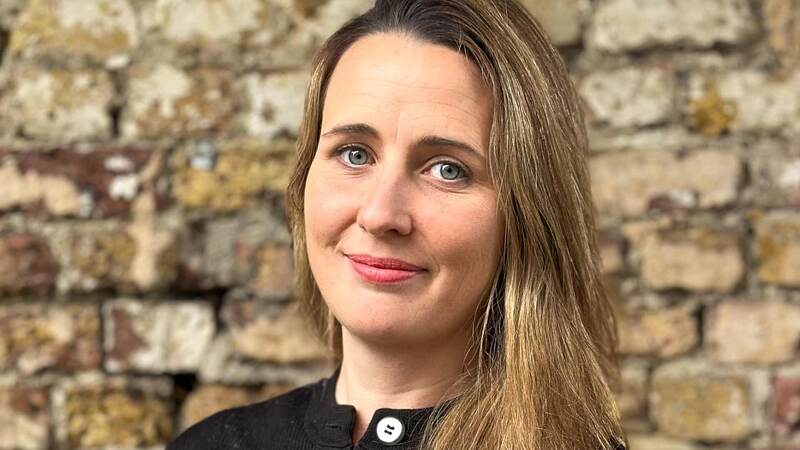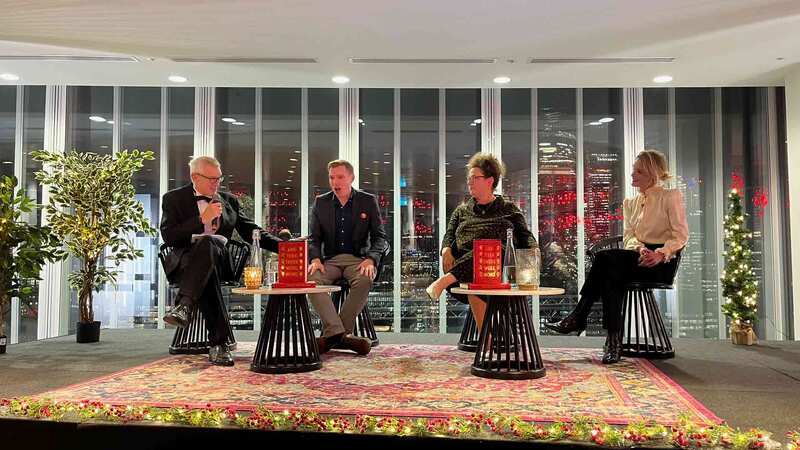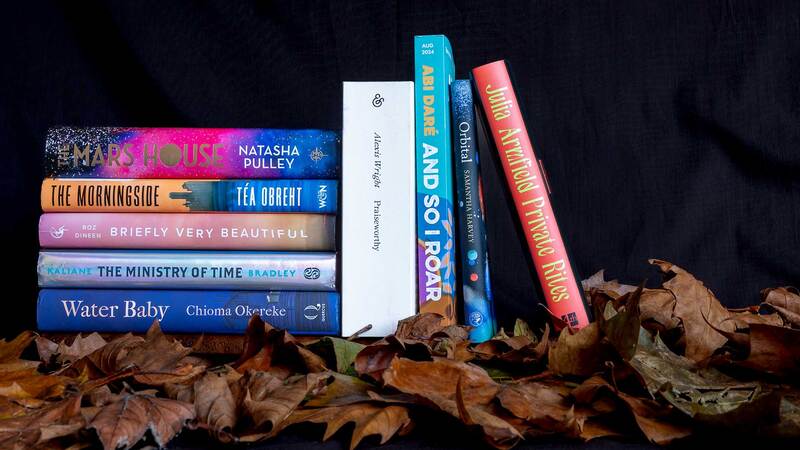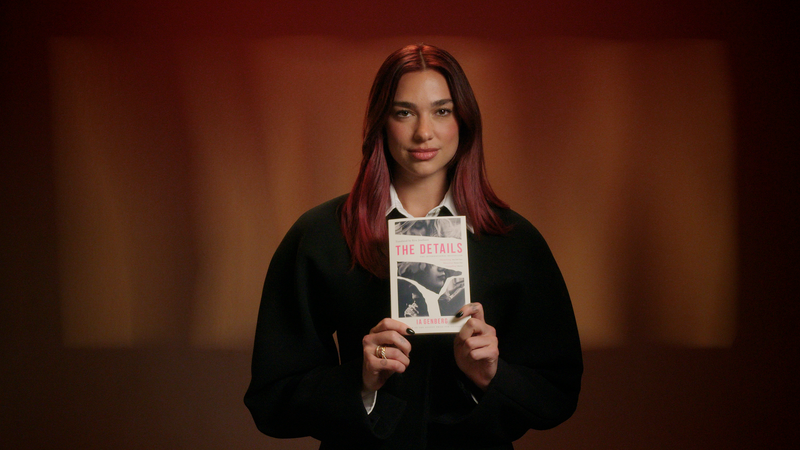You are viewing your 1 free article this month. Login to read more articles.
On taking action
For some innovators it is better to come second, after the ground-work has been done. At other times, you simply need to act, intentionally, accepting the risk and the trouble that may come.
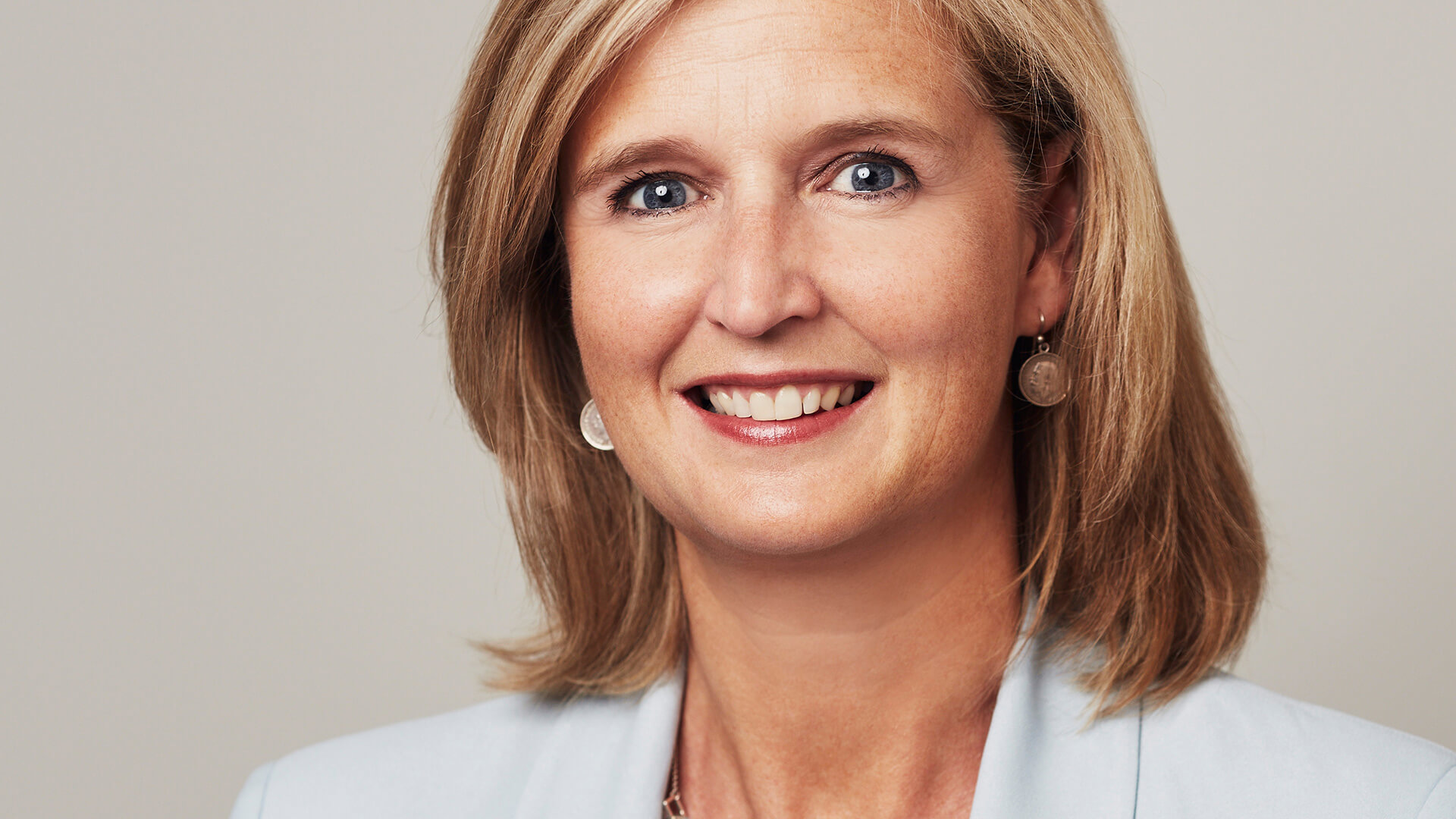
I’ve been reflecting on this phrase, a “bias to action”, over the last few days. Publishing is traditionally a slow business. And sometimes it makes sense to wait, for to go first means you miss the rewards. For some innovators it is better to come second, after the ground-work has been done. At other times, you simply need to act, intentionally, accepting the risk and the trouble that may come.
In my interview with Joanna Prior, the newish chief executive of Pan Macmillan, the boss of Britain’s fourth biggest publisher uses the phrase to describe herself. One can see why: she is not shouty, or demonstrative—one might use the term reserved, even—but few can doubt she will take the tough decisions when she needs to, whether that is on Russell Brand, or Spotify, both of which have troubled her desk over the past few weeks.
On Spotify inaction helped: how wise was it that the big publishing groups were prepared to wait out that rush to allow content to be streamed on the unlimited consumption model, until such a moment as the deals swung round in their favour (assumimg they did, of course).
Prior’s approach to Artificial Intelligence is similarly measured. Noting that her parent the Holtzbrinck Group is investing in this new area, particularly around its science publishing businesses where its use to help analyse data has already been heavily trailed, she said the job was to reassure authors that their creative output remained sacrosanct—“we won’t knowingly publish an AI-generated book, cover or audiobook”—and she expected the publishing business to adapt as it has to other new technologies. The bias here is to contain and when necessary move together.
Frankfurt is not just about deals and the jostling of ideas for attention and resolution
Prior’s interview highlights two of the biggest items that will be under scrutiny at the Frankfurt Book Fair, which takes place next week. At the last count, there were 30 individual talks and seminars on the issue, speaking not just to its importance, but to the fundamental shift it might bring across a range of our activities. Spotify, its deals announced just last week, comes a little too late for fair organisers, but I don’t doubt the row that has erupted over the nature of these contracts, and the lack of discussions with authors and agents beforehand, will raise temperatures across the halls.
Frankfurt is not just about deals and the jostling of ideas for attention and resolution: it is also about emotion, and that will be ever more evident this year as a result of the atrocities committed over the weekend in Israel, that will weigh heavily on many people across our communities, both in terms of the here and now, but also the future as the dire situation evolves.
When Russia invaded Ukraine the book business spoke as one, offering help and reassurance to publishers in that region that they were not forgotten, their work still valued across other parts of the world, their people supported, the evil witnessed. Last year Ukrainian president Volodymyr Zelensky addressed the fair via a video link. The bias to action here was clear, the response unwavering. No one waited.
Twelve months on, we must once more stand together against the violence.













